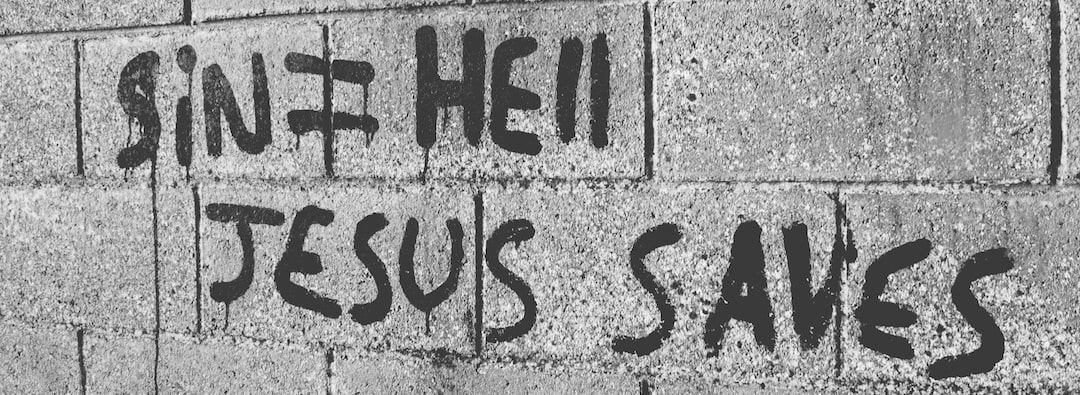Religion has played an instrumental role in shaping historical events throughout human civilization. From ancient times to the present, religious beliefs have influenced the way people have thought, behaved, and interacted with one another, and have directly or indirectly impacted the course of history. Religion has been a powerful force for both peace and conflict, for progress and regression, for liberation and oppression. In this post, we will explore the multifaceted and complex role of religion in shaping historical events.
One of the most significant ways in which religion has shaped history is through its impact on culture. Religion has been a defining feature of many cultures, shaping the values, beliefs, practices, and norms of social life. This has played a role in determining how individuals and societies view and approach issues such as morality, family, economics, politics, and others. Religious texts and symbols have served as sources of inspiration for artists, writers, and thinkers, influencing the development of literature, music, and other forms of artistic expression.
Moreover, religion has often played a role in shaping political systems and institutions. Throughout history, religious leaders have been involved in the governance of societies and have exerted influence over the actions of rulers and politicians. Religion has been used to legitimize or challenge political authority, and religious institutions have often been involved in issues related to the distribution of power and resources within societies. For example, the Catholic Church played a crucial role in the politics of medieval Europe, while Islam has been a significant force in the governance of many Muslim-majority countries.
Religion has also been a significant factor in driving social change and movements of resistance. Religious beliefs and teachings have inspired many people to challenge oppressive systems of power, advocate for social justice, and fight for the rights of marginalized groups. Throughout history, religious figures have emerged as leaders of social movements, challenging the status quo and advocating for change. For example, Martin Luther King Jr. was a Baptist minister who used his religious beliefs to inspire a mass movement against racial segregation and discrimination in the United States.
On the other hand, religion has also been a source of conflict and war. Throughout history, religious differences have fueled many wars and conflicts, causing untold suffering and death. Religious beliefs have been used to fuel animosity and hatred between people of different faiths, resulting in sectarian violence, persecution, and genocide. This pattern continues to occur in the present day, with religious conflicts playing a role in many of the world’s ongoing conflicts.
Furthermore, religion has been used as a tool for maintaining power and control over people. In many societies throughout history, religious institutions have played a role in enforcing social norms and expectations, often limiting personal freedoms and individual expression. Religious texts have been used to justify oppression and discrimination, leading to the subjugation of certain groups and limiting their access to resources and opportunities.
In conclusion, the role of religion in shaping historical events is multifaceted and complex. Religion has influenced the development of culture, politics, social movements, and individual behavior, both positively and negatively. It has been a source of both conflict and cooperation, liberation and oppression, progress, and regression. Understanding the role of religion in shaping historical events is crucial for understanding the dynamics of human societies, and for identifying ways to promote peace, justice, and human flourishing. As we navigate the challenges of our present moment, we must continue to strive for a deeper understanding of the role of religion in shaping historical events, and work towards creating a more equitable and just world for all.

